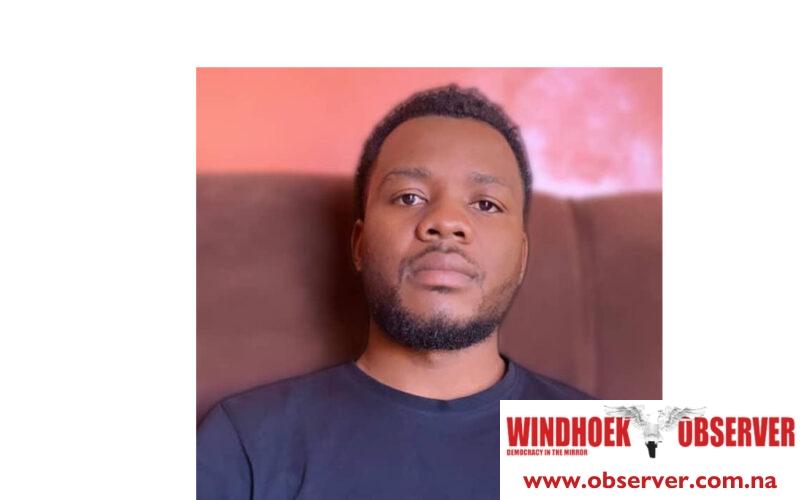Heiki Namboga
In the midst of Namibia’s political fervour, where every party seeks a seat in Parliament or the presidency, the predicament of young leaders is shown vividly. The emergence and eventual demise of young leaders such as Henny H. Seibeb (LPM), Sadam Amushelelo (NEFF), and Vipuakuye Muharukua (PDM) raises serious concerns about youth leadership, political stability, and maturity. While youth-oriented parties provide forums for policy advocacy and community representation, many young leaders leave due to internal party issues, discontentment, a lack of support, or sabotage.
In this respect, Michael Sadam Amushelelo’s activisms alongside the NEFF as an ‘Advocate for the Poor’ exemplifies the problems that young leaders face when advocating for socioeconomic justice in the midst of larger political goals. These experiences highlight the necessity for supportive political systems that foster youthful idealism and innovation.
We should stress, however, that the departure of young leaders should not be interpreted merely as an indication of instability, but rather as a call to create circumstances that capitalise on their energy and views. Their forward-thinking mentality uniquely positioned them to address persistent issues and infuse fresh enthusiasm into governance.
The argument about delegating national leadership to young people is based on recognising their potential and providing necessary support structures. While experience is important, the motion of youth provides an edge in responding to changing circumstances.
In short, Namibia’s future leadership success depends on empowering young leaders through mentorship, institutional support, and meaningful participation opportunities. Only then can the country completely realise the potential of the next generation of leaders.




